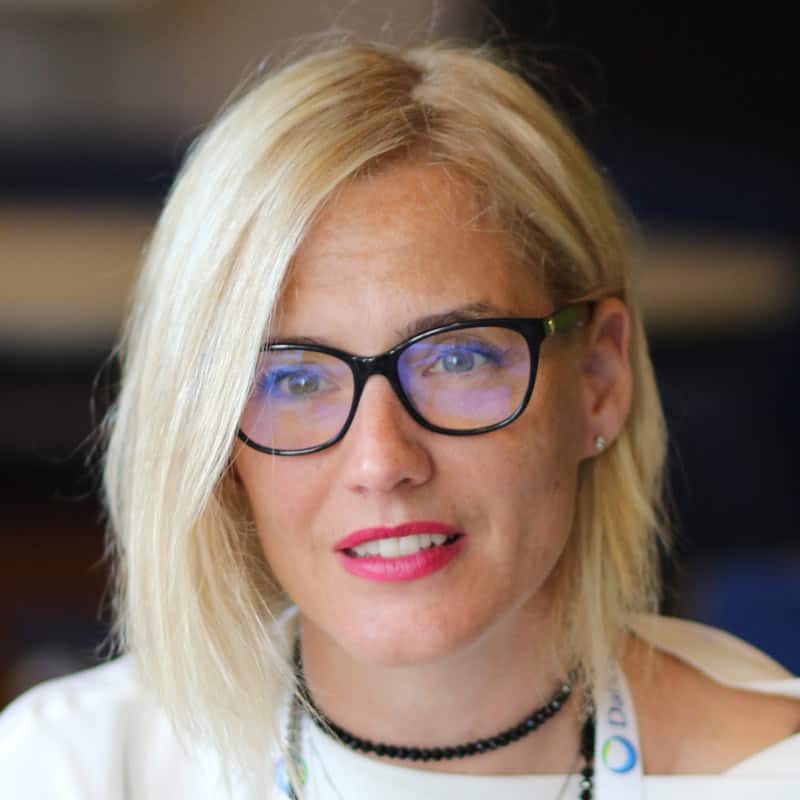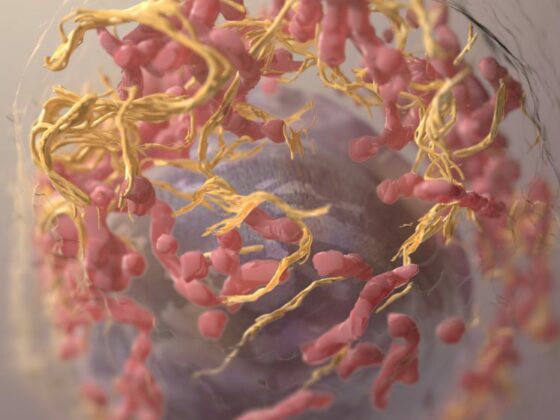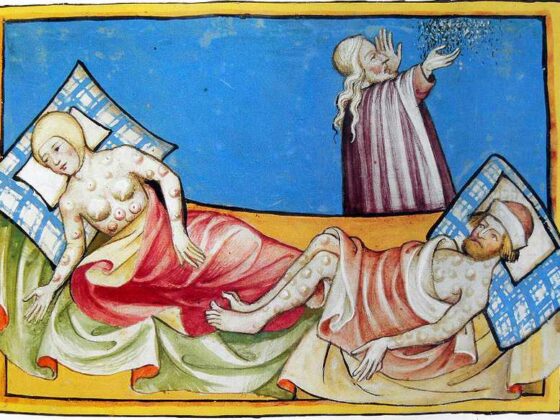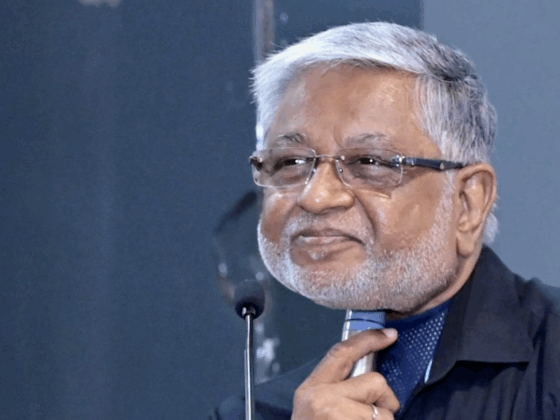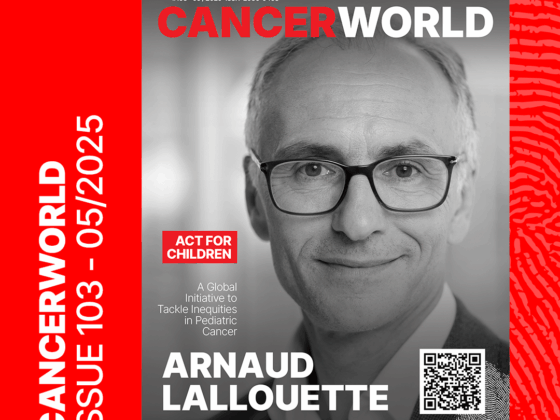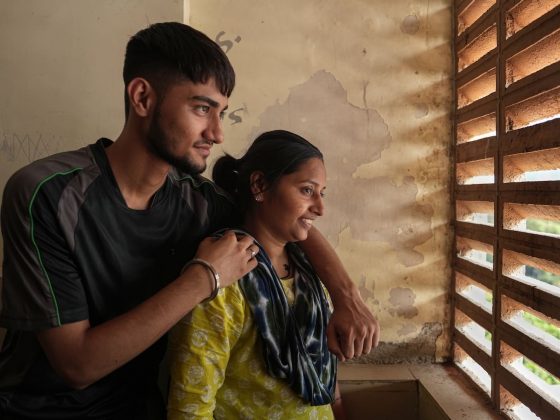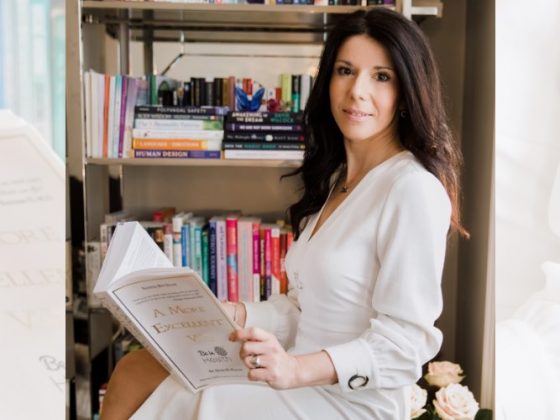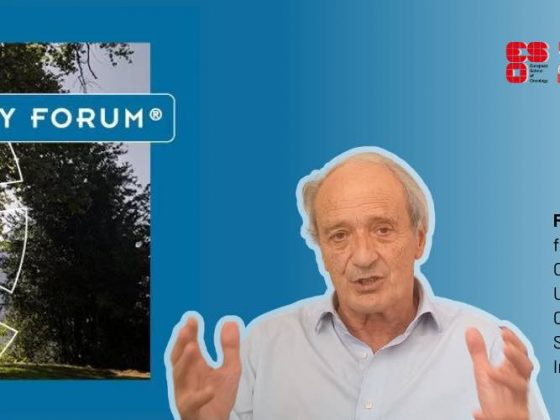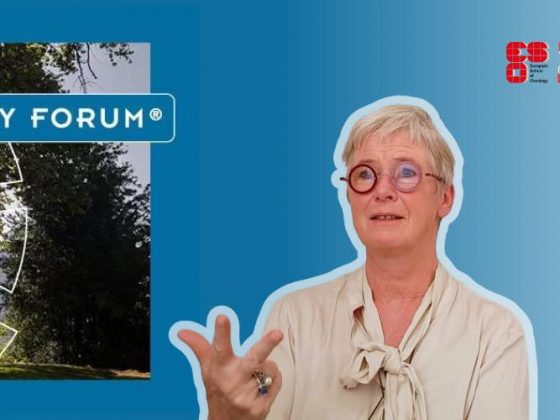Across the globe, all human and technical resources in healthcare are currently focused on dealing with the COVID-19 pandemic, which is having an impact on other areas of healthcare. At Digestive Cancers Europe, the patient advocacy group for people with colorectal, gastric, pancreatic, liver and rare cancers, we are hearing from our member groups that many people with confirmed or suspected digestive system cancers are seeing their treatments or diagnosis being delayed. Lack of information about these delays, and how they may affect their chances of a good outcome, is creating uncertainty and anxiety. Many feel they have been forgotten about.
Luckily, with the COVID curves being flattened across a majority of European countries, we see that health services are beginning to find safe ways to continue to care for other patient groups. Our member groups are doing everything they can to help and support members of the patient community and advocate for their immediate needs. And we value the efforts oncologists and oncology departments have been making to adapt their practice to continue providing a safe service under challenging conditions.
But while we stay focused on getting through this immediate crisis, we are also putting health authorities on notice that ‘returning to normal’ is not what we want or need, given the scale of entirely preventable deaths from colorectal cancer that has been ‘normal’ in the past.

Keeping patients safe
The picture we get from our member organisations indicates that treatment centres across Europe are now generally taking stringent steps to ensure the safety of patients and staff. Most treatment centres now seem to be testing cancer patients for COVID-19 prior to admission, or require patients to bring negative test results with them. Consultations are increasingly done by phone or e-mail. Face-to-face consultations often take place across a glass screen. We have welcomed the efforts of clinicians to use alternative ways to communicate with patients ‒ to answer questions via phones and e-mail, which had not previously been exploited in full.
Unfortunately, it took time to implement precautions. We know of COVID-19 outbreaks in cancer hospitals across Romania; some oncology hospital wards were temporarily closed in Poland due to the presence of COVID-19; while in Serbia, 91 patients and 67 medical staff tested positive at the most important oncology institute, resulting in its closure for several weeks. Other countries have also suffered sporadic cases, often leading to temporary closures and delays in treatment.
Delays to treatment
The feedback we get is that, in the majority of cases, those already on treatment are continuing to be treated, though sometimes with delays. Unfortunately, in some countries such as Croatia, Serbia, Romania, France and probably many others, hospitalisations and surgical cancer care have been available only for cases defined as ‘urgent’. Restricted access to CT-scanning is hampering assessment of treatment response and follow-up and surveillance. In some countries where cancer care is highly centralised, restrictions on movement at the start of the pandemic was a problem. Another problem is that many people, especially elderly people, are afraid to go to healthcare institutions during the pandemic.
Delays to diagnosis
A greater concern is the widespread cancellations of diagnostic procedures. Colonoscopy screening has been halted across Europe – we are currently not aware of a single exception. This means there are people across Europe with positive faecal immunochemical (FiT) tests or faecal occult blood (FOBT) tests, who cannot receive follow-up colonoscopies to dismiss or confirm the diagnosis. In most countries FiT and FOBT tests have now been halted, on the grounds that it is not right to do these tests when it is impossible to move to the next step of a confirmatory colonoscopy.
An analysis of diagnostic testing and treatment for cancer patients as a whole, within NHS England up to April 20, shows significant falls in urgent referrals for early cancer diagnosis (70‒89%) and also in reduction in admissions for chemotherapy (45‒66% reduction) compared to pre-pandemic levels.
The question is how and when will the backlog of diagnostic appointments be cleared? We worry that many curable cancer patients will die because they are not being diagnosed and treated on time.
Don’t blame the pandemic
A bigger worry, in the longer term, is that fixating on the damage caused by the pandemic may divert attention from the high rates of unnecessary deaths from colorectal cancer that we see in normal times. Colorectal cancer is one of the few cancers that can largely be detected in time to prevent or cure, through organised population screening programmes. If detected early (stage 1) 90% of patients survive; if detected late (stage 4) 90% will die from it.
Formal population-wide screening programmes should achieve participation of more than 65% of the population aged between 50 and 74 years (European guidelines for quality assurance in colorectal cancer screening and diagnosis). Yet, as we showed in our 2019 White Paper on Colorectal Cancer Screening in Europe, it is only Slovenia, the Netherlands and the Basque region of Spain that have achieved that, or even come close.
The research shows that failures in national/regional screening programmes costs more than 100,000 lives a year across Europe, with countless more people surviving only at a high cost to their quality of life and to health budgets. That is the ‘old normal’. So while we and our member organisations are doing what we can to ensure existing patients and those with suspicious symptoms get the information, tests and treatment they need during this pandemic, we will also be continuing to tell governments that the last thing we want is to ‘get back to normal’. Sorting out their schemes for the prevention and early detection of colorectal cancer ‒ the second biggest cause of cancer death in Europe ‒ can and should be part of wider efforts to move away from health systems forced to respond to emergencies, towards systems that maintain health and save money by detecting serious illnesses in time.

